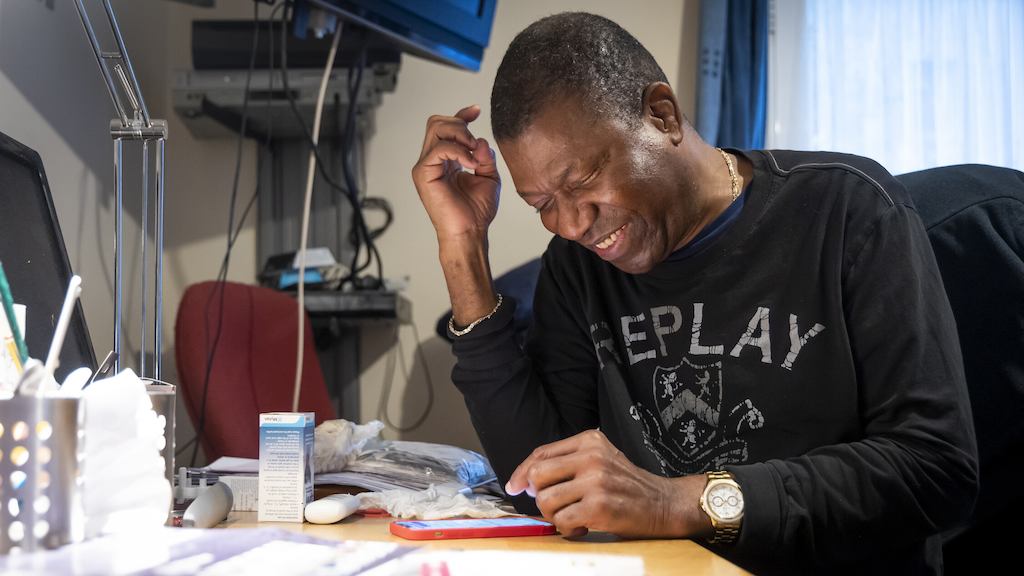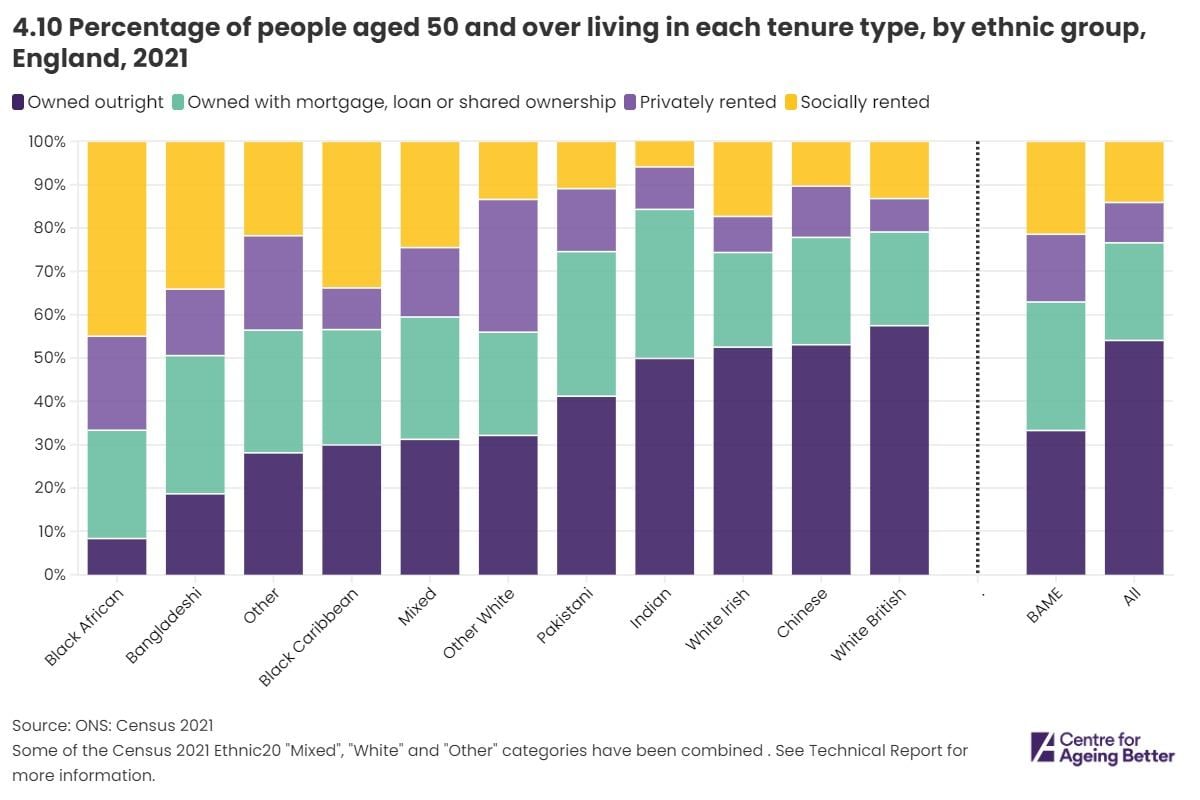The 2021 Census tells us more about our nation’s population than ever before and illuminates the extent to which different ethnic minority groups differ in many important ways that are completely obscured when they are treated as a single group.
For example, Census data reflects a very different migration story for the Black African community.
More than two in three (68%) Black Caribbean people aged 50-64 were born in the UK, compared to fewer than one in eight (12%) Black African people in the same age group. And only one in five (19%) Black Africans are aged 50 and over.
These differences are important for people’s lives as they age - yet many national surveys do not allow for analysis at this level of ethnicity. In addition, many do not report results intersectionally by age and ethnicity, let alone by other factors too.
We know that the negative impacts of discrimination and structural inequality accumulate throughout people’s lives, meaning that gaps in wealth and health are greatest in later life. Yet without understanding variation in the lives of people both between and within different ethnic communities, government and society are unable to respond adequately.
This is why our new State of Ageing report, due to be published next month, will call for better ethnicity data - as well as action to help ensure that the inequalities suffered by the Windrush Generation across their lives are not experienced by future generations.



